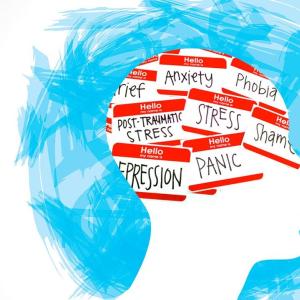World War I and its cultural aftermath
World War I had a profound impact on global culture, sparking significant cultural shifts, artistic expressions, and societal changes in its aftermath. The war's unprecedented scale, brutality, and human cost reshaped the way people perceived the world, leading to the emergence of modernism in art, literature, and social thought.
One of the key cultural shifts following World War I was a sense of disillusionment and shattered ideals. The war shattered the optimistic outlook of the late 19th and early 20th centuries, leading to a questioning of traditional values, authority, and societal norms. This disillusionment was reflected in art and literature through themes of alienation, existential angst, and the fragmentation of identity.
Modernism, as an artistic and literary movement, emerged as a response to the upheavals of the post-war period. Modernist artists and writers sought to break away from traditional forms and conventions, embracing experimentation, abstraction, and innovative techniques to express the complexities of the modern world. In art, movements such as Cubism, Dadaism, and Surrealism challenged traditional notions of representation and perspective, exploring new ways of seeing and interpreting reality.
Literature also experienced a profound transformation during this period, with writers like T.S. Eliot, James Joyce, and Virginia Woolf pioneering modernist techniques such as stream-of-consciousness narration, fragmented storytelling, and nonlinear narratives. These writers delved into themes of alienation, trauma, and the search for meaning in a rapidly changing world, capturing the psychological and existential struggles of the post-war generation.
The cultural aftermath of World War I also witnessed shifts in societal attitudes and values. The war's devastation and loss of life led to a reevaluation of nationalism, militarism, and imperial ambitions, paving the way for movements advocating for peace, international cooperation, and disarmament. The concept of the "Lost Generation," coined by writer Gertrude Stein, captured the sense of disillusionment and aimlessness experienced by many young people who came of age during and after the war.
Furthermore, World War I had a lasting impact on memory and commemoration, with war memorials, literature, and art serving as avenues for remembering and honoring the sacrifices of those who served. The war's legacy continued to influence cultural production and collective memory in the decades that followed, shaping narratives of war, trauma, and resilience.
In conclusion, World War I and its cultural aftermath ushered in a period of profound cultural transformation, marked by the emergence of modernism in art and literature, shifts in societal values, and a reevaluation of the human experience in the face of unprecedented violence and upheaval.








































